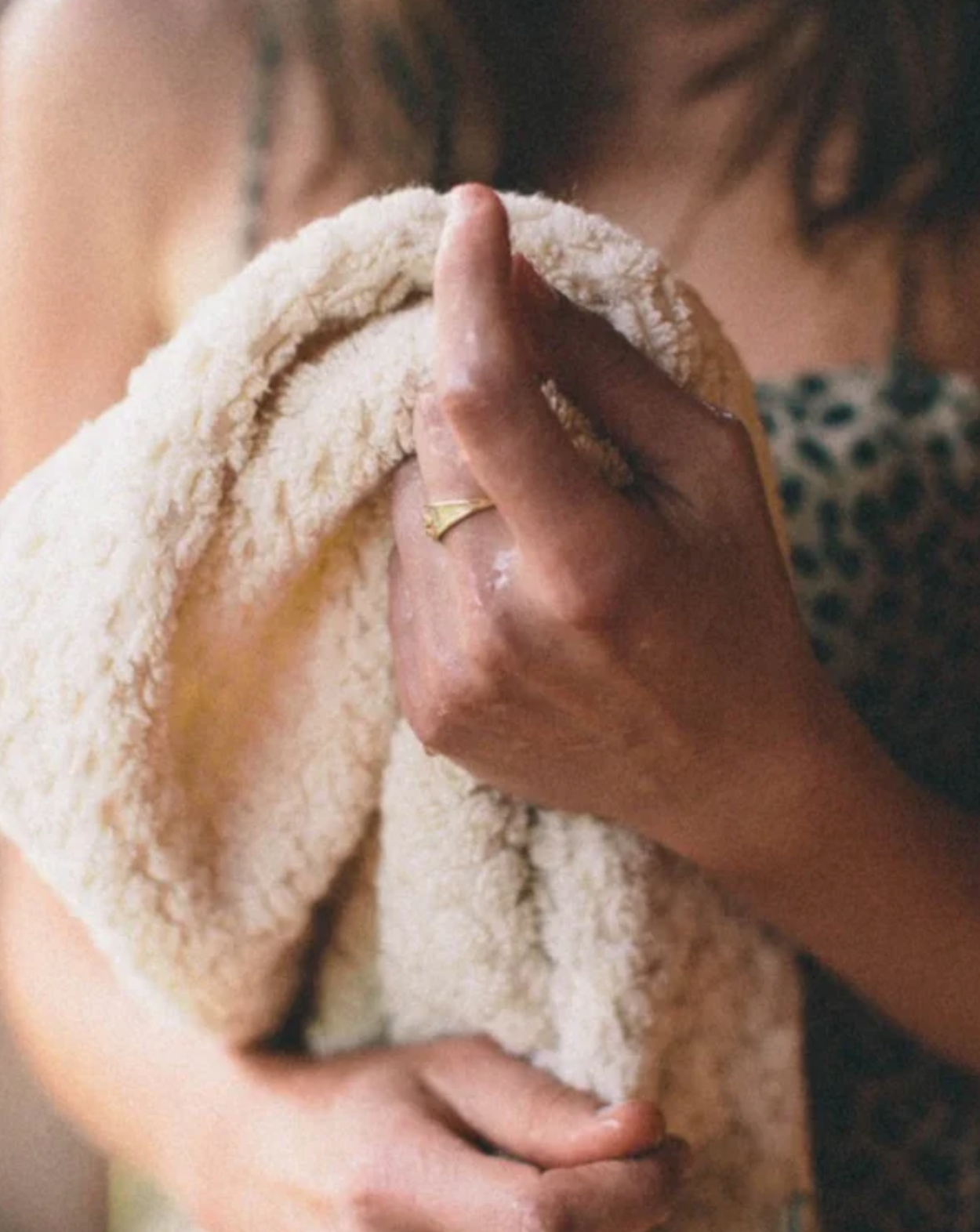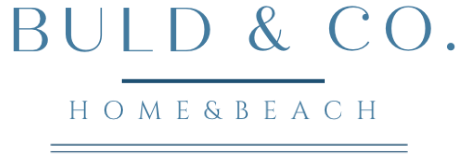
Our story
About Buld&Co.
"THE HISTORY BEHIND THE PRODUCT
Peshtemal, commonly known as the Turkish towel, is a word of Farsi origin meaning "cloth/cover for the back." The history of the Turkish towel dates back hundreds of years and is closely tied to the traditional Turkish hammam (bath) culture.
Thanks to its lightness, quick-drying nature, and high absorbency, peshtemals have evolved beyond hammams and are now widely used in daily life at home. Today, these towels are especially popular for beach use and, with the introduction of modern colors and designs, have become a growing trend among younger generations. Their versatility and health-conscious properties have also led to the creation of related products such as bathrobes, rugs, blankets, and bags.
What makes our products truly special is that they are not mass-produced. Our peshtemals are crafted in a small town called Buldan, located in the city of Denizli, Turkey. The weaving tradition of this region dates back to the Roman period. During the Ottoman era, Buldan was known for supplying a wide variety of textiles to the palaces of the Ottoman sultans.
Today, Buldan remains home to small, family-run workshops that preserve traditional weaving techniques. Unlike ordinary products, by purchasing a peshtemal from us, you’re not just buying a towel—you’re holding a piece of cultural heritage in your hands.
